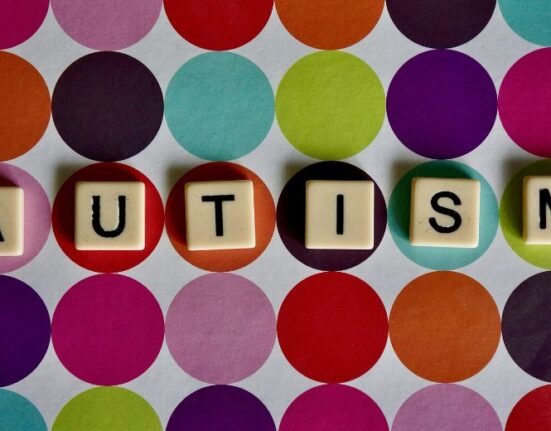HQ Team
September 27, 2024: The Central Drugs Standard Control Organisation (CDSCO) of India recently issued a notification regarding identifying 52 spurious drugs circulating in the Indian market. This alert included common fever medicines, antibiotics, and diabetes medicines.
The CDSCO notification
The CDSCO’s findings stem from routine inspections and random sampling of pharmaceutical products across various states. The drugs flagged include well-known brands and generic medications, with notable inclusions such as Paracetamol, Telmisartan (used for hypertension), Glimepiride (an anti-diabetic medication) and Pan D. The complete lists can be accessed here and here. The organization emphasized that the presence of these substandard drugs poses serious risks to public health, as they may not provide the intended therapeutic effects or could even cause harm to patients.
Details of spurious drugs identified
The list of spurious drugs includes products from several prominent pharmaceutical companies. For instance:
- Telmasartan (Telma H) produced by Glenmark Pharmaceuticals was flagged.
- Pulmosil (Sildenafil injection) by Sun Pharmaceuticals was also reported as substandard.
- Pantocid, commonly used for acid reflux, faced similar scrutiny.
- Shelcal 500, a calcium supplement manufactured by Pure & Cure Healthcare but marketed by Torrent Pharmaceuticals, was declared non-genuine by Torrent, which claims that the seized sample did not originate from their production line.
- Clavam 625 (Amoxicillin and Potassium Clavulanate tablets IP) manufactured by Alkem Health Science was found to be non-compliant with quality standards.
Regulatory response and implications
In response to these findings, CDSCO has reiterated its commitment to ensuring drug safety through rigorous quality control measures. The organization conducts regular inspections and testing to monitor compliance with Good Manufacturing Practices (GMP). Although there has not been a significant increase in reported cases of substandard drugs, the CDSCO is taking proactive steps to enhance its surveillance systems and regulatory frameworks. A senior official from CDSCO stated, “The failure of any specific batch of a drug to meet the standards does not mean all drugs being sold by that name are substandard.” This statement aims to reassure the public about the overall integrity of pharmaceutical products while acknowledging the need for vigilance against counterfeit medications.
Industry reactions
Pharmaceutical companies have responded defensively to the allegations. Many have claimed that the batches in question are spurious and not produced by them. For example, Torrent Pharmaceuticals has implemented anti-counterfeit measures such as QR codes on their products to help consumers verify authenticity. They assert that their manufacturing processes adhere strictly to regulatory standards.
The identification of 52 spurious drugs by CDSCO underscores a critical issue in India’s pharmaceutical landscape. As counterfeit medications pose significant health risks, both regulatory bodies and pharmaceutical companies must work collaboratively to enhance drug safety measures. The CDSCO’s actions reflect a broader commitment to safeguarding public health amidst ongoing challenges in drug regulation.








